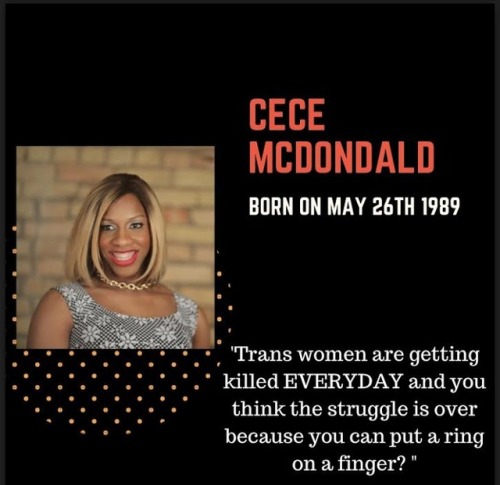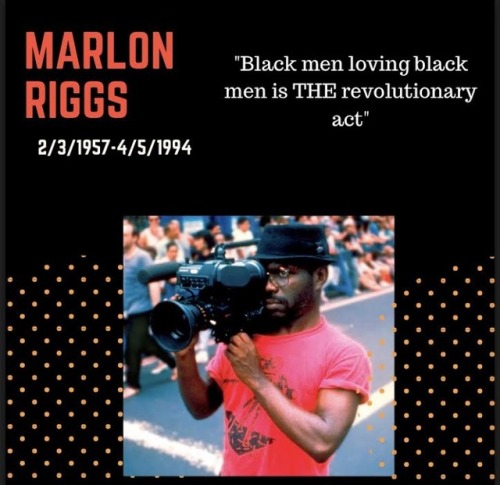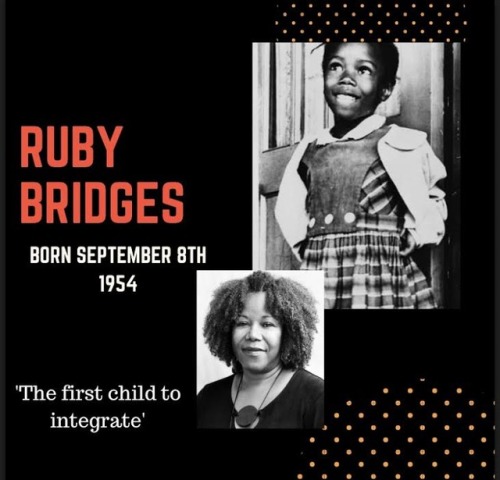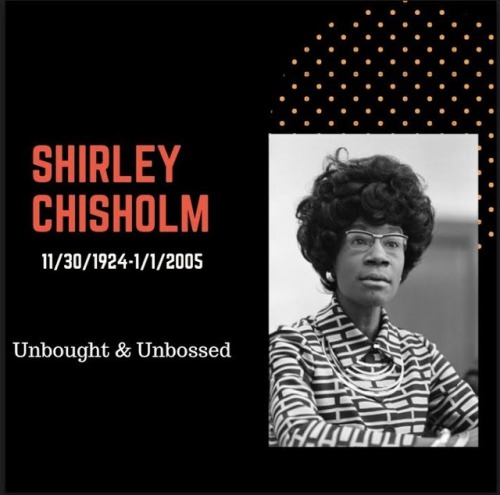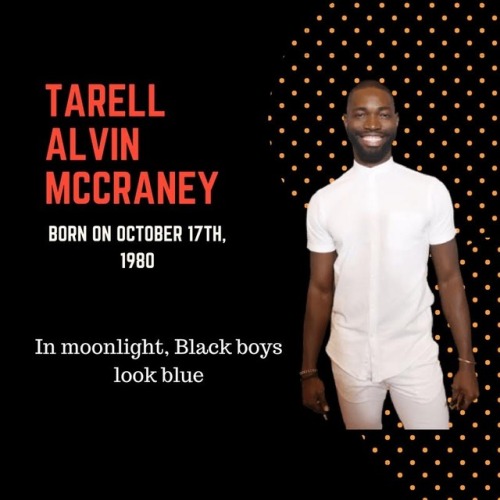February is here, which means it’s BLACK HISTORY MONTH!Short but sweet, growing up black histo
February is here, which means it’s BLACK HISTORY MONTH!Short but sweet, growing up black history month was always one of my favorite times of the year where we can acknowledge our struggle, celebrate our history, highlight trailblazers, and plan for the future. A couple years ago I posted about some of my fave LGBTQ Black Folk and this year I wanted to post about past and present individuals who paved the way for Black Politicians, creatives, and activist to shine! Because of them, we can. CeCe McDonald is a queer trans woman from Minneapolis, Minnesota. CeCe McDonald made national news after she accepted a 41 Month plea bargain for manslaughter. CeCe Mcdonald stabbed a man in self defense after she was struck in the head with the man’s drink and called transphobic and racial slurs. The man threw his glass at her, and as she left to exit the bar he came after her which is when she stabbed him with scissors out her purse in fear of her life. CeCe was released after serving 19 months. Today CeCe Fights for the rights of Trans Women across the nation. In 2014 CeCe Mcdonald created The Black Excellence tour, which collaborated with Joshua Allen a prison abolitionist. In August of 2014 she was awarded the Bayard Rustin Civil Rights Award by the Harvey Milk LGBT Democratic Club. You can learn more about her horrific journey in the documentary called, Free CeCe, which was directed by Laverne Cox and Jac Gares.Marlon Riggs was born in Texas but as a child lived all over the globe ranging from Georgia to Germany. Riggs recalled always being chastised by other children about his black identity and his queer identity. Marlon went on to go to Harvard University to study History. Studying history, Riggs became fascinated with the history of racism and homophobia and began to explore these concepts through the media of film. He later moved to Oakland, California where he got his Masters in Journalism with an emphasis in Documentary Filmmaking at UC Berkeley. Riggs was hired on as a professor at Berkeley and worked there as he was working on his own films. Marlon Riggs has many documentaries from Ethnic Notions, to Color Adjustment, but one of the most groundbreaking films Marlon Riggs is known for is his film, Tongues Untied. This film documented the complex identity of Black Queer Men and was released on PBS. The documentary was seen as controversial and made many headlines as people called it pornographic and were mad that tax paying dollars went towards his production. Shortly after the film Marlon Riggs found out he was a person living with HIV. He didn’t let this derail his life, and worked on films and documented his experience until his very last day which can be seen in the documentary, I shall not be removed. Marlon Riggs lived everyday of his life trying to “shatter the nations brutalizing silence on matters of sexual and racial difference”. Ruby Bridges was born on September 8th, 1954 in Tylertown, Mississippi. At the age of four years old, her family relocated to New Orleans, Louisiana. Later, young six year old Ruby was one of six black children who were selected by the NAACP to be the first kids to integrate into white public schools. Although her father was very hesitant, and two of the fellow families decided to deny the request, The Bridges family persevered with their decision. Ruby was taught alone in a classroom by for a full academic year because of white community members disapproving of her presence. Ruby’s family suffered because of this; her father laid off, grocery stores denying their business, and the violent hate they received on the daily. Every morning there was a crowd outside the school where racist threatened to poison six year old Ruby. She never cried, all admired her as she “marched along like a little soldier”. Ruby’s mother walked her to school every morning where she stated, “I simply want the privilege of taking my child to school”. Ruby Bridges now 63 years old, is the chairwoman of The Ruby Bridges Foundation. You can learn more about Ruby’s fight in the tv movie, Ruby Bridges, and her book, Through My Eyes. Congresswoman Chisholm had a multitude of ‘first’ racked up on her resume. She was the first black woman elected to congress, the first black candidate for a major political party (Democratic Party), and the first woman ever to run for the democratic party presidential nomination. A first generation black woman, who truly paved the way for the next generation of black advocates. After her career in congress Chisholm taught politics and sociology at various universities, was a visiting scholar at Spelman College, and fought for African American Women reproductive rights, which was an unheard narrative in the Pro-Choice movement. You can watch the documentary on Congresswoman Chisholm called, Shirley Chisholm ‘72: Unbought Unbossed, (which won a peabody award). You can also read her two auto-biographical books, as well as visiting the research center named after her at Brooklyn College which focuses on women and continuing the Shirley Chisholm legacy. Tarell Alvin McCraney is a playwright from Liberty City, Florida who has a long impressive resume in the theatre world but is most known for being the brains behind the pivotal movie, Moonlight. Moonlight (Directed by Barry Jenkins) which dominated the industry last year is based on McCraney’s play, In Moonlight Black Boys Look Blue. A play he wrote for his Graduate school applications, it was collecting dust on the shelves until him and Barry Jenkins began to collaborate. A Yale School of Drama MFA Alum, Tarell’s work focuses a lot on the intersections between black identity and queerness. His work often challenging the typical narratives we are used to digesting about black queer people in society. His words, and ideas have changed the way we view certain bodies as well as the way our art is received. Moonlight won academy awards for Best Picture, Best Supporting Actor, Best Adapted Screenplay, and was considered “The best Film in the 21st century” by The New York Times. Moonlight also is the first film with an all black cast, as well as the first LGBT film in general, to win the oscar for Best Picture. -- source link
Tumblr Blog : thebrownqueerproject.tumblr.com
#queer black#original post#black activist#lgbt history#lgbtqia
